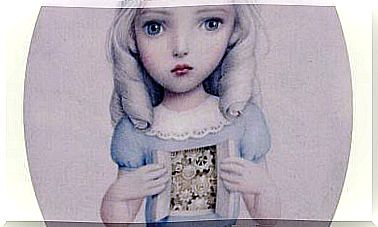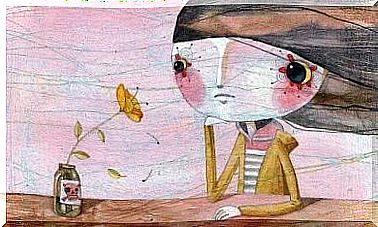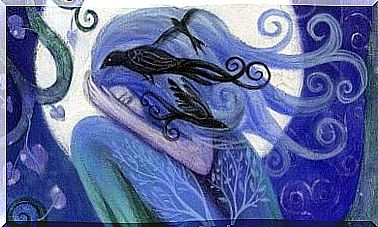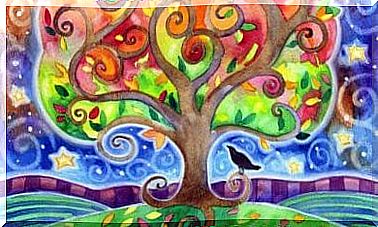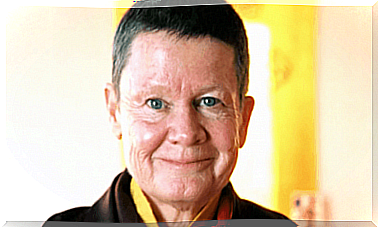Is It Possible To Hate Your Loved One?

Hating your loved one is, in a sense, normal. Let us remember that the opposite of love is not hatred, but indifference. Hate and love are two feelings that, although characterized by extreme intensity, are similar.
On the other hand, only computers are one hundred percent consistent and obedient. If we click on an icon, the device will do what we ask it to do, because its very nature prevents it from processing the command assigned to it differently. He has no choice or alternative.
Human beings, on the contrary, process all the stimuli that come from the outside and from the inside. There are many factors that influence them, which is why each of us thinks differently. Although we move within certain essentially stable parameters, we always change to some degree. So the answer is yes: you can hate your loved one.
Love and hate, two sides of the same coin
Human beings rarely experience pure feelings and emotions. Even the most tender and evolved love can leave room for hatred. Even the most caring moms, for example, may at some point experience rejection from their children they love so much.
You can hate your loved one, because love and hate coexist. So we can speak of a shared territory, an emotional interdependence in which what the other does influences us, for better or for worse. This is because we are particularly sensitive to his actions.
When the loved one responds to our expectations, feelings of affability, closeness and positive predisposition predominate. Conversely, if his actions hurt us, a feeling of hatred can arise.
It is not necessarily a visceral and destructive hatred, but a profound rejection of his actions, in which anger and sadness are mixed. By extension, therefore, one can come to hate the loved one.

We are wrong, but so are the others
One of the biggest flaws is the need to idealize in order to love. Many eyes perceive it as an almost superhuman feeling, in which there is no room for contradictions or negative emotions. In practice, we find that this is not the case. Everything that is human is paradoxical and subject to failure. We are smart and clumsy, brave and fearful, mature and childish. Some traits predominate, but they do not exclude others.
Even the love we feel for ourselves is not totally stable. Sometimes we even hate each other a little. It can happen when we realize we have made a mistake and feel remorse. Or when we let ourselves be guided by impulses and do something we shouldn’t have done.
We make mistakes, but also the people we love. It’s not always about small mistakes, sometimes very important and far-reaching issues come into play. Sometimes we hate our loved one because no affection is free from such contradictions.

Hate your loved one
Every great love leaves its scars, just like childhood. Not surprisingly, in love we rarely reach equilibrium before that moment when clashes teach us to live together. It is the dynamics of the most intense affects. Coming to hate the loved one sometimes allows you to reconstruct and calibrate the affection. Genuine love always includes these mechanisms.
Each of us has the opportunity to improve. On the other hand, we all have a hateful side. Made of intolerance, conformity, hesitation or selfishness, feelings that can never be completely overcome. This does not make us better or worse, but it is part of our nature.
It is not necessary to fear the feelings of hate that sometimes appear in love: there is not necessarily a pathology. Nor do they mean that affection has deteriorated or that we are inconsistent and evil monsters. It is healthier to accept that we sometimes hate the people we love and that this feeling must be worked through in order not to become destructive. When love is genuine, hate becomes transitory and hardly leaves its mark.


